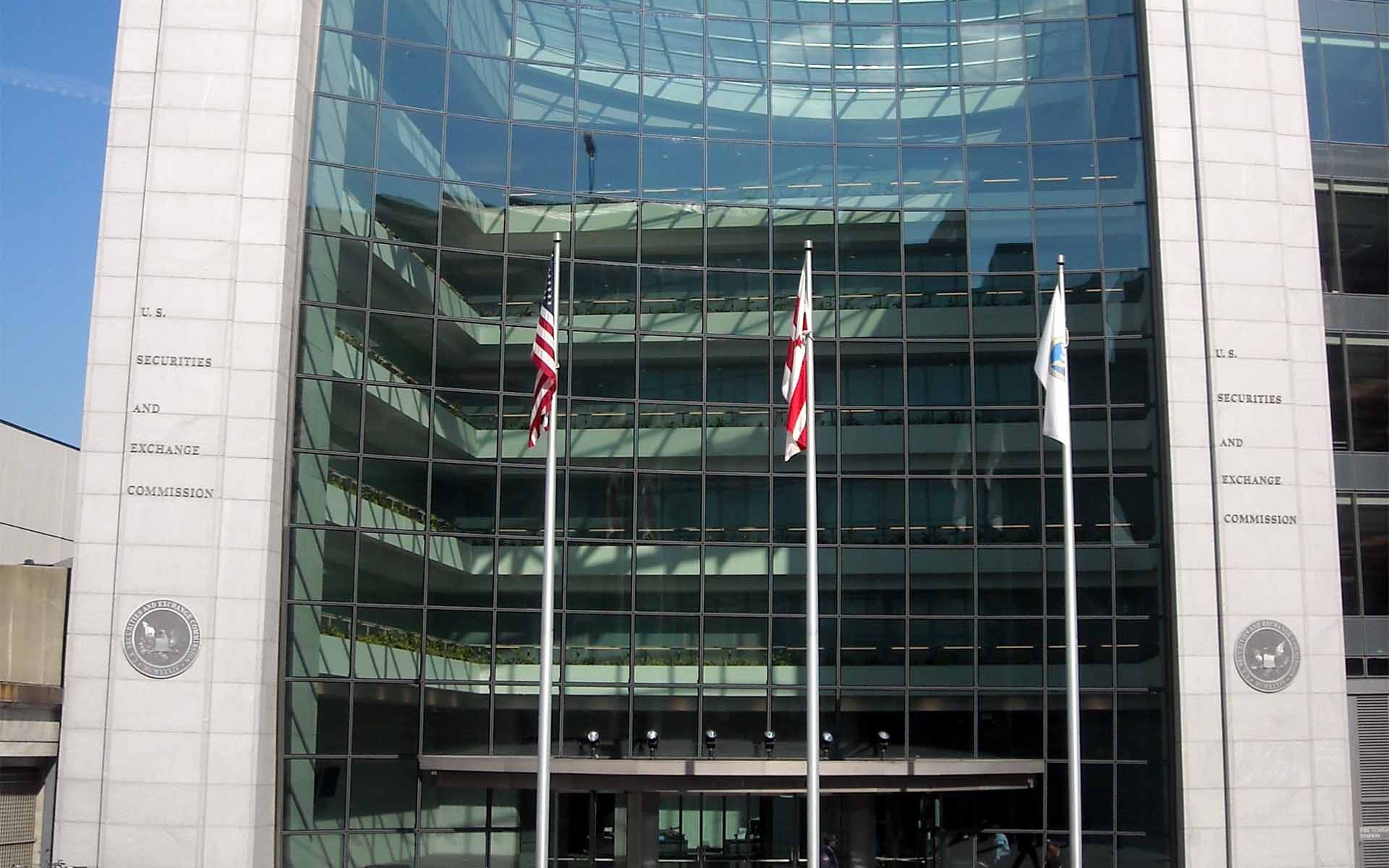The fight for a Bitcoin ETF might just have been reignited by the introduction of Bitcoin futures to the market.
The battle to get a bitcoin-based exchange traded fund (ETF) listed in the US has been a long and hard-fought one, with a number of different individuals and entities having mounted their own attempts over the past couple of years.
Perhaps most notably, the Winklevoss twins tried to get their Winklevoss Bitcoin Trust ETF past the US Securities and Exchange Commission but failed, when it was shot down in the latter part of March this year. Shortly before the Winklevoss’ efforts, the SolidX Bitcoin Exchange-Traded Fund was also turned down by the SEC. In both instances, the volatility of the underlying asset as well as the perceived lack of regulation in the sector was blamed for the agency’s decision.
The Winklevoss application is still reportedly under review, but it has been under review since April and (as of December 2017) we’ve seen no progress made towards a resolution.
That is, perhaps, until now.

Futures Have Paved The Way For An ETF
With the advent of Bitcoin futures becoming available as tradable assets on mainstream US exchanges (first, through the CBOE listing that just took place and second, the CME Group listing that’s set to take place at the end of this week), the chances of the SEC in the US green-lighting a bitcoin ETF just increased dramatically.
And this isn’t going unnoticed in mainstream media.
According to an article published today in The Wall Street Journal, there is a crucial difference to the way any such SEC approved ETF would work, however, as compares to the structure that the Winklevoss twins went after and subsequently had turned down earlier this year – the ETF would use bitcoin futures as a derivative asset, as opposed to bitcoin itself.

What Is An ETF?
For anyone unfamiliar with the concept of an ETF, they are an index type asset that is designed to represent the price fluctuations of an underlying asset – more often than not, a commodity. With a gold ETF, as the price of gold rises, so should the price of the ETF. The same is true in reverse.
The difference between a bitcoin ETF and a bitcoin futures ETF, therefore, would be that the price of the ETF would be much more representative of speculative expectations, based on the fact that the futures pricing would be expectations based (as opposed to a major exchange daily clearing price, for example).
Regardless of the intricacies, we wouldn’t be surprised if the Winklevoss twins had another go at their application with the SEC very near term.
What do you think about the chances of a bitcoin ETF hitting markets? Does it matter? Let us know below!
Image courtesy of Wikimedia Commons, Pexels











